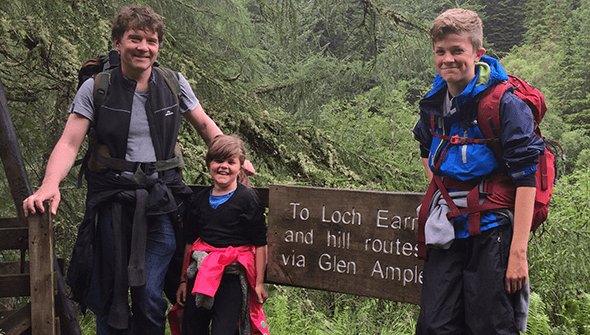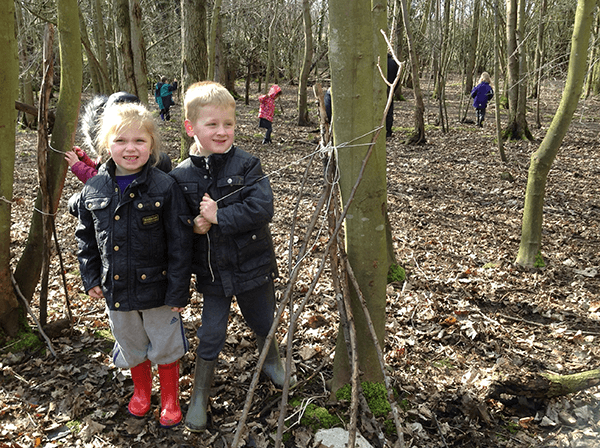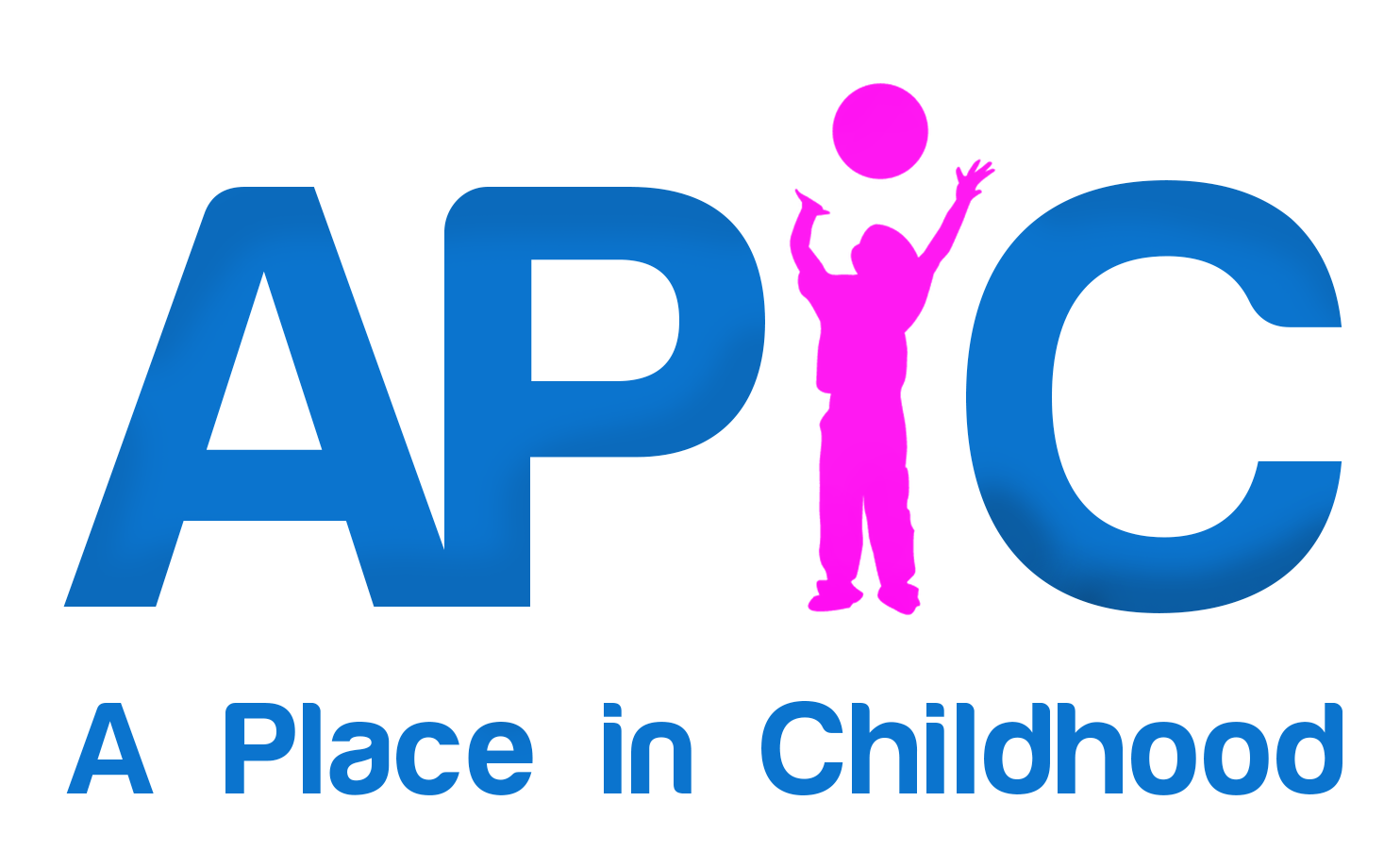
LinkedIn: Dr Jamie McKenzie Hamilton
Presentations by outdoor learning advocates often begin with the activity “picture your favourite place in childhood.” This is followed by the speaker asking the audience to put their hands up if their place was in natural surroundings with no adults. What generally follows is a forest of arms appearing on their horizon… Unfortunately, I fear that in years to come this forest may be no more. I grew up in a rural village where children were actively encouraged to go play in the local woods, fields and beck. Our culture has changed a lot since then – when 80%+ of UK under-14s regularly played outdoors unaccompanied by an adult, these days 80%+ never have.
While my journey to APiC is rooted, undoubtedly, in those childhood outdoor experiences, it began in earnest in 2010 with a job application. At that time, I lived in London and had spent 6 years building a successful company, providing market research software and consultancy to big business. I had been suffering from a growing, nagging environmental conscience for some time, and out-of-hours I was seeking new horizons more consonant with my values. This involved taking an Open University MSc in environmental decision-making and watching out for opportunities to apply my skills in ways which contributed to solutions, rather than ‘the problem’.
One such opportunity came up with the Woodland Trust, to lead on an initiative to increase the number of Scottish people visiting their local woodlands regularly. Aware I would be, at best, a wild card application, I hatched the plan of making this the objective of my next MSc project. I would become an instant ‘expert’, while killing two birds with one stone. Regrettably, the Woodland Trust weren’t remotely impressed, and I never made it to the interview stage. Nevertheless, to my genuine surprise, my project concluded that outdoor learning was the overriding intervention point if the Woodland Trust wished to achieve their objective. They may have had to wait for the results, but with childhood play in the woods being the predominant predictor of adult visits, success was guaranteed! I promptly despatched my executive summary to a range of organisations supporting outdoor learning. I never imagined anything would come of it. I just hoped the work might help clarify, or add weight to, initiatives I was now certain would be achieving their goals.
To my surprise, the Forestry Commission for Scotland responded by inviting me in to discuss how I might take my findings forward. In turn, this developed into a 3-year full-time PhD scholarship, co-funded with Heriot-Watt University. The PhD was a steep learning curve. Beyond the MSc project and a child psychology module I took during my degree, the subject area was novel to me. In the early stages, this resulted in notable gaffes, including causing a staff room to burst into laughter by proposing creative writing as an outcome measure for (preliterate) P1 children!
One thing I quickly became clear on, however, was a worldwide research gap regarding outdoor learning’s impacts on attainment, particularly in early primary school. A positive relationship would represent a win-win for Scotland, where there was both a good support framework for outdoor learning and a notorious attainment rift between high and low achievers.
That research gap, which seemed so trifling and innocuous at the outset, turned out to be a yawning chasm in which I would blunder for 5 years. Nevertheless, my field experiments did find that impacts on factors relevant to attainment -notably, motivation, memory, attention and collaboration- were greater outdoors than in the classroom, and also that these were related to the natural richness of task settings.

Photo of an Experimental Outdoor Task from my PhD research
My thesis was that natural settings and materials functionally motivate children, stimulating movement, new ideas and challenges, and effortless self-expression. The sustained task engagement and creative collaboration this enabled acted like an engine for self-sufficient learning, where teachers were participants, not behaviour managers. Children with attention deficit showed persistence, the shy were garrulous team players and leaders, those with problematic classroom dispositions behaved well and respectfully, and there was little evidence of hierarchy among pupils.:
The capacity for the natural task settings to engage all children, and particularly underachievers, bordered on the miraculous for both me and the new outdoor teachers.
Moreover, my time in the chasm taught me three important things:
- Young children are biologically-predisposed to learn and flourish through exploratory interaction with rich outdoor environments.
- This is a blind spot for most adults, for whom environment has largely faded from the lived experience into an abstract concept. Awakening to this blind spot and how eerily it pervades our planning and education systems and policies, and the academic literature, was both revelatory and deeply troubling.
- How accomplished young children are at evaluating environmental quality. (Provided that the mode of participation adopts their radically-different perspective of the world). Furthermore, they are better at this than adults because they have yet to develop the blind spot. Perception and meaning are still coupled to their immediate physical environment in ways we scarcely experience as adults, affording a purer awareness of what works, or doesn’t work, best for their self-development.
When the offer to join APiC’s board came (just after I completed my PhD) I seized the chance. Working with a team of experienced academics and professionals who understood these three important things was a rare opportunity. By bearing witness to the blind spot in our systems, I hope APiC can help bring about a resurgence of enriching outdoor environments for children. Moreover, success in is not a nice-to-have, it is essential! Of all generations in human history, the next is the one we most need to know and love the natural world. This cannot be if it isn’t alive in their childhood and favourite places, because they were only ever indoors or online.
